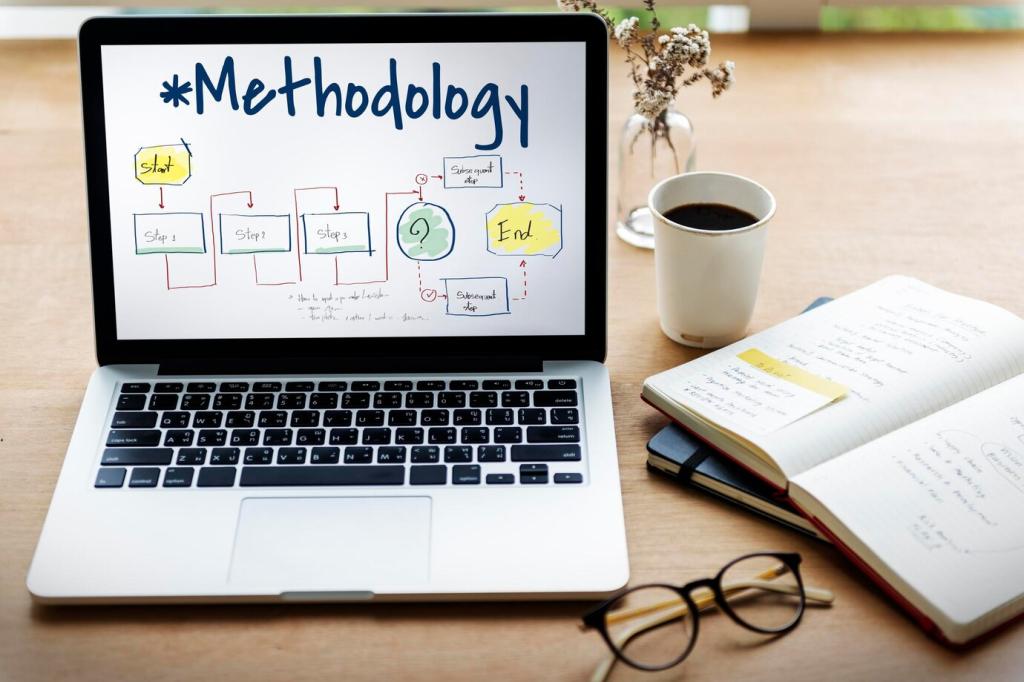Today’s theme: Gamification Strategies for Engaging 2025 Learners. Discover how modern mechanics, narrative learning, and ethical design can transform attention into authentic achievement. Subscribe for weekly play-tested frameworks and share your classroom context so we can tailor future quests to your goals.
Understanding the 2025 Learner Landscape
Gen Alpha and adult upskillers navigate constant pings, short-form videos, and blended timetables. Gamification works when it creates purposeful flow—clear goals, immediate feedback, and visible progress. Tell us how your learners focus best, and we will spotlight techniques that honor attention without diluting rigor.
Understanding the 2025 Learner Landscape
Learners switch between phones, lightweight laptops, and affordable headsets, often collaborating inside sandbox worlds. Design game loops that travel across spaces: a quick mobile check-in, a laptop quest build, and a classroom debrief. Comment with your device mix so we can recommend platform-agnostic mechanics.
Understanding the 2025 Learner Landscape
In a project turned into a cooperative quest, a quiet student became the team’s strategist, charting milestones and calculating risk. The badge was not the reward—confidence and peer respect were. Share a similar moment from your community, and we will feature it to inspire others.

Autonomy, Mastery, Relatedness in Action
Self-Determination Theory remains a cornerstone: let learners choose paths, practice skills at increasing challenge, and connect with peers. Offer multiple quest routes, optional stretch objectives, and cooperative checkpoints. Which pillar energizes your learners most? Share results so we can refine templates accordingly.

Seasons, Streaks, and Smart Checkpoints
Use season arcs to frame units, streaks for consistent practice, and checkpoints for reflection, not pressure. When attendance dips, streaks pause rather than break, preserving momentum and wellbeing. Tell us your attendance rhythms, and we will suggest fair, compassionate progression rules.

Meaningful Rewards Over Trinkets
Swap trinket badges for authentic rewards: early access to resources, peer teaching roles, or choice over the next challenge. Rewards should unlock capability, not commodity. Comment with one reward you can grant next week, and we will help map it to learning outcomes.


Designing Curriculum as Quests
Frame objectives as a world problem learners can actually solve. Give roles—analyst, builder, storyteller—and include choices that change the path, not the destination. Post your current unit topic, and we will share a sample quest storyline you can adapt immediately.
Designing Curriculum as Quests
Design escalating challenges with visible criteria, culminating in a boss level that synthesizes skills. Replace surprise with transparency: rubrics become boss stats, exemplars become practice arenas. Tell us your rubric categories, and we will translate them into motivating boss mechanics.
Data, AI, and Adaptive Play

Analyze error patterns to shape XP curves: when misconceptions persist, quests split into practice branches with immediate micro-wins. Dynamic difficulty adjustment keeps challenge high but hope higher. Share which metrics you track, and we will propose XP rules that reflect your realities.
Social Play, Community, and Healthy Competition
Guilds, Squads, and Studio Time
Form small squads with rotating roles—researcher, editor, presenter—so every student practices multiple strengths. Studio time encourages peer critique modeled on creative industries. Share your class size and schedule, and we will suggest squad structures that actually fit your constraints.
Leaderboards That Encourage, Not Intimidate
Use personal best boards, progress rings, or tiered leagues so beginners see growth without public shaming. Spotlight improvement deltas, not raw totals. Post a screenshot of your current tracking method, and we will recommend a kinder, still motivating layout.
Rituals, Recognition, and Belonging
Establish weekly standups, micro-demos, and badge stories where learners explain how they earned recognition. Rituals transform points into community meaning. Share your favorite classroom ritual, and we will compile a reader-sourced playbook for sustainable gamified culture.
Getting Started This Week
Pick one lesson, define a clear win state, write three challenges, and choose two feedback moments. Run it, collect learner reflections, and adjust. Post your lesson topic today, and we will reply with a tailored, classroom-ready micro-quest outline.
Getting Started This Week
Start with a spreadsheet for XP, index cards for quests, a visible timer, and a sticky-note leaderboard. Tools should bend to pedagogy, not the reverse. Ask for our free starter kit, and we will send templates you can copy and customize instantly.
